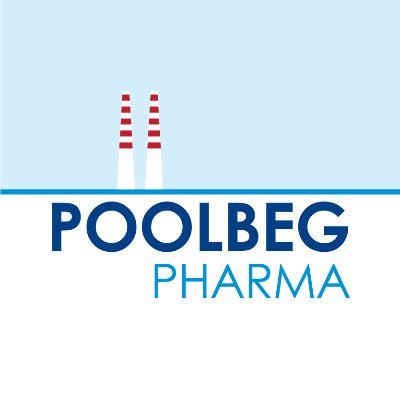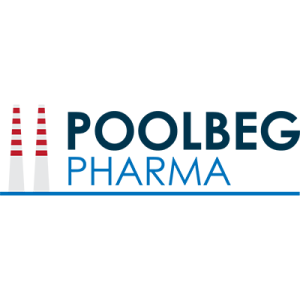Poolbeg Pharma plc (LON:POLB), a clinical stage infectious disease pharmaceutical company with a capital light clinical model, has provided an update on the strengthening of its intellectual property (IP) position around lead product, POLB 001, a small molecule immunomodulator for the treatment of severe influenza.
As detailed in the Admission Document, Poolbeg has a worldwide license for POLB 001 and is developing a strong IP portfolio with patent protections in place covering the use of the class of p38 MAP kinase (mitogen-activated protein kinase) inhibitors for the treatment or prevention of severe influenza and hypercytokinaemia (or “cytokine storm”). The Company continues to also evaluate POLB 001’s therapeutic uses beyond severe influenza.
The US Patent and Trademarks Office examiner reviewing the patent application around POLB 001 has indicated to the Company that the majority of the claims, including the main claim are allowable. The main claim relates to the use of p38 MAP kinase inhibitors as a class of compounds, including POLB 001, for the treatment of severe influenza through modulation of the immune response. Poolbeg anticipates receiving a formal patent grant in due course.
The European patent was granted prior to the IPO with claims to the treatment of severe influenza, which is characterised by symptoms that persist or recur for more than two days without signs of resolution, with a p38 MAP kinase inhibitor inhibiting the release of pro-inflammatory mediators from endothelial cells and pro-inflammatory cytokines from immune cells. This granted patent offers protection until 2037.
Assessment of the applications filed in other territories is ongoing.
Jeremy Skillington, PhD, CEO of Poolbeg Pharma said:
“Our US patent assessment is going to plan and we look forward to updating our shareholders when we receive confirmation of its grant. With the fast-growing infectious disease market expected to exceed $250bn by 2025 and the current market for influenza already c. $800m, the protection of our intellectual property is very important. As stated in our AIM Admission Document upon listing, our intention is to continue to aggressively file patent applications to protect Poolbeg’s assets.”


